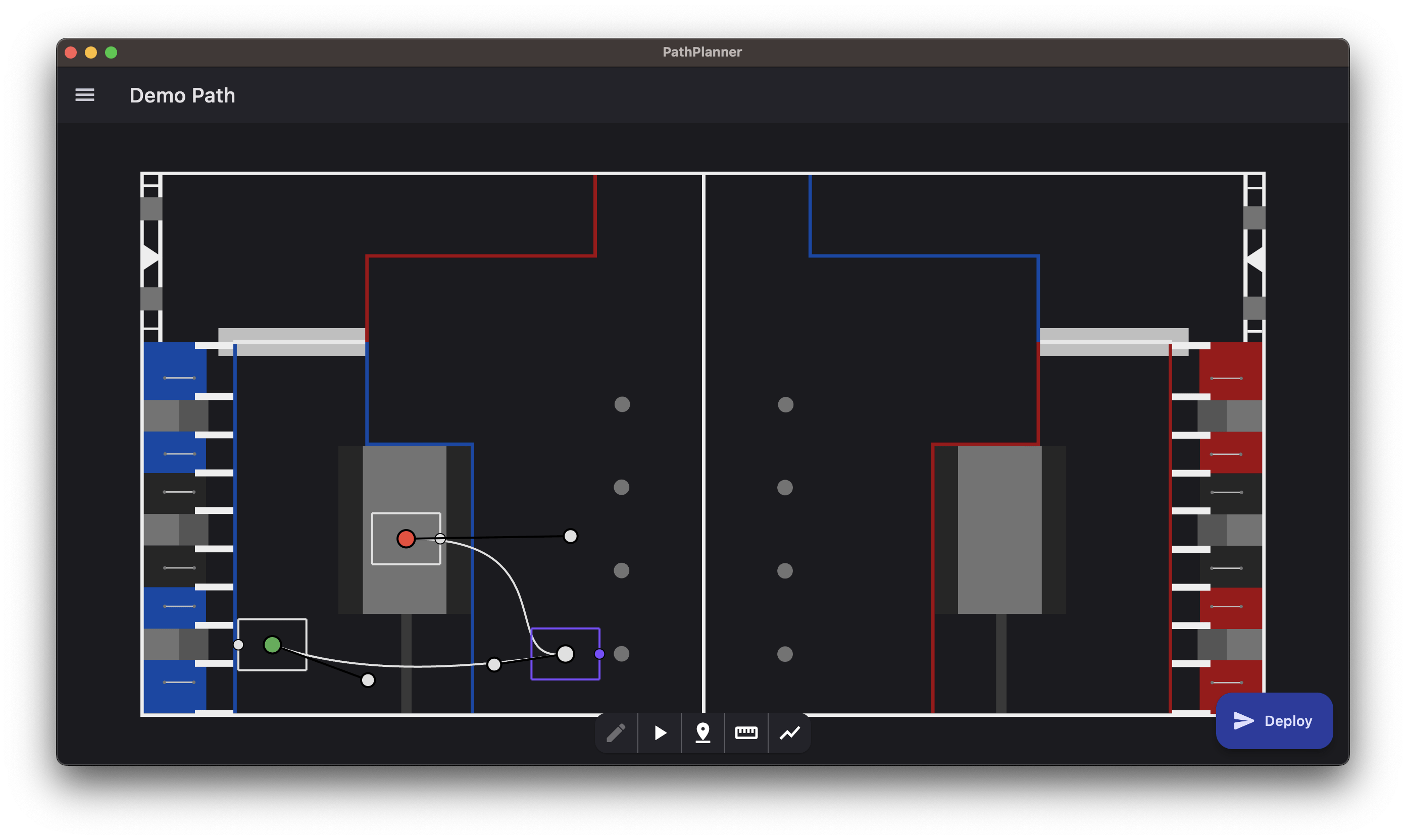The impact of Artificial Intelligence on video games
You don’t have to be part of the younger generation to have heard all about the concept of Artificial Intelligence or AI. Whether you’re in your 30s, 20s, or 50s, the technological concept that is AI is one that has been part of the cultural zeitgeist for longer than we can remember. We’ve had AI in movies, TV series, social media, and in many other mediums and aspects of our lives.
What you might not know is that AI has had a significant impact on one industry specifically, which has revolutionized it forever. That industry is none other than gaming.
But how exactly has AI been integrated in the video games that we’ve played? Is it an AI-specific game? Is it having an AI opponent? In this article, we’ll be discussing the impact of AI on video games more in depth and learn more about the different ways AI has changed the way video games are played as we know them.
Before we delve into AI and gaming, we first would highly encourage you to visit joystickgames.com! Joystickgames provides the best content in topics such as gaming, AI gaming, virtual reality, crypto gaming, and many many more! They regularly update their site so you don’t miss out on the most up-to-date guides and news on the gaming scene. Joystickgames is definitely a must for all gamers out there!
Now, back to AI and gaming!
What does having AI in games mean, anyway?
Having AI in games means that artificial intelligence is used to enable games to respond and react to the player’s choices, actions, and movements. This is done to provide a more authentic and immersive gaming experience that will make the game’s world feel more “alive” and be more “interactive.”
Now, there are a number of different ways that AI is used to achieve this immersive effect and we’ll be sharing with you some of these techniques that have made gaming all the more enjoyable!
Let’s start!
A city or world that’s breathing and alive
The application of AI in video games has enabled game developers to generate worlds, environments, cities, and levels that are uber-interactive and feel “alive.”
Practically speaking, this means that when your in-game character, for example, rams his or her weapon through a box, this box would break as it would in real life. Virtual items and environments will behave the same way they would, in reality, making the whole experience more animated and authentic.
Intelligent enemy characters and lifelike NPCs
Perhaps the most noticeable application of AI in gaming is how it enhances in-game enemies and non-playable characters. Through AI, game developers are able to install enemy characters that are reactive and responsive to the actions of the player. These enemies or opponents are able to act as if they are real players themselves, whether it be in a shooting game or in a sports game, therefore delivering a more authentic experience to the player.
Furthermore, AI allows non-playable characters (NPCs) to feel more “alive.” NPCs, which are usually composed of the main characters’ companions or the game world’s citizens or inhabitants, will be able to respond to your in-game choices in real time and feel like they have real personalities themselves.
As AI technology continually develops, the quality of these “smart” enemy characters and “lifelike” NPCs have also seen massive improvements. This makes a game all the more interactive and immersive.
Realistic graphics and changing weather conditions
AI alcove provides a huge boost in terms of a game’s graphics, design, and presentation. Through AI technology, developers are able to provide gamers with one-to-one representations of real-life places, venues, or items. This type of AI is found primarily in game simulators such as Gran Turismo, Grand Theft Auto, or the NBA 2K series.
Another underrated use of AI in gaming is how it enables developers to install a realistic weather system in-game. This means that levels would have changing weather conditions, depending on the type of day or whether a particular game level calls for it.
Interactive storylines and varying endings
Last, but definitely not least, AI allows for games to include storylines that are responsive to a player’s actions. This means that a game’s story is affected by the choices the player makes, the paths he or she takes, and the way he or she accomplishes a certain mission.
AI also allows for games too, in turn, provide multiple or different endings that are dependent on the acts and choices of the player. This makes everything a player does feel more consequential, and thus, more impactful.
And there we have it, some of the most important and significant ways AI has impacted video games. While these techniques are some of the most widely-used AI applications in games, these are certainly not all of them. As AI continues to progress, expect to have more immersive games that fully utilize the remarkable technological innovation that is AI!
Read More:-



